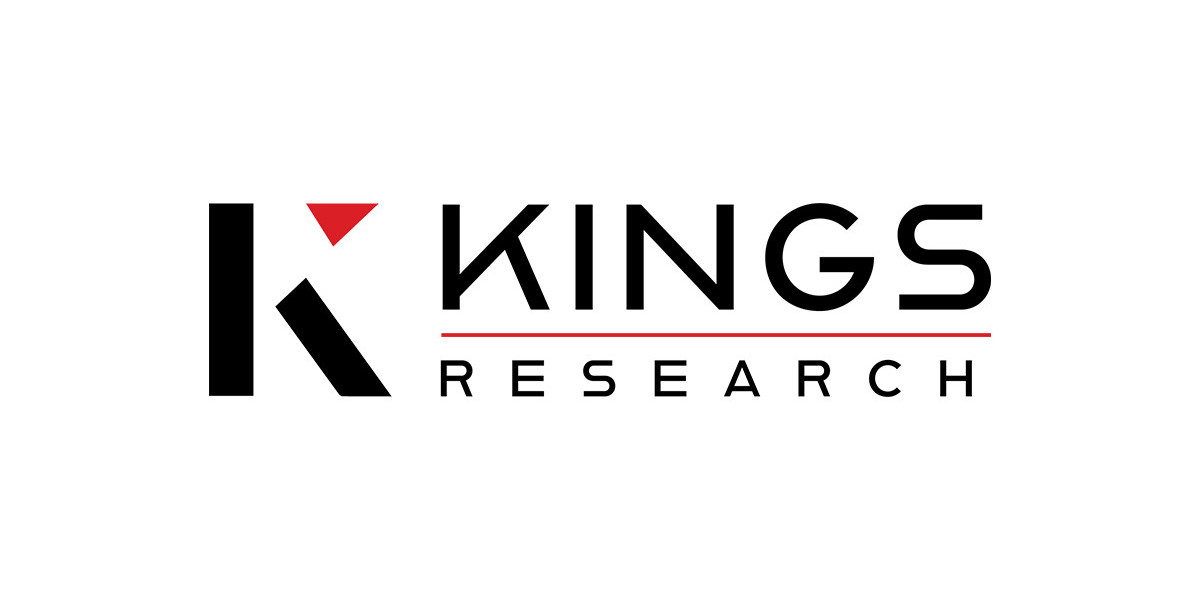The smart home healthcare market concerns technology-enabled services and products that allow remote monitoring of patients at home, helping them to live independently and receive medical attention from healthcare professionals outside of a clinical setting. These include devices that can measure vital signs like blood pressure, heart rate, oxygen saturation, and sync the data to apps accessed by doctors and caregivers. The convenience of remote care helps alleviate pressure on healthcare resources while ensuring timely intervention if health parameters fall outside safe limits. With the COVID-19 pandemic accelerating digital transformation of the sector, remote monitoring is playing a key role in streamlining non-emergency care delivery.
The global smart home healthcare market is estimated to be valued at US$ 17.59 Bn in 2023 and is expected to exhibit a CAGR of 24% over the forecast period 2023 to 2030, as highlighted in a new report published by Coherent Market Insights.
Market Dynamics:
Rising adoption of remote patient monitoring technology is one of the key drivers augmenting growth of the smart home healthcare market. The ongoing COVID-19 crisis has further boosted demand for remote monitoring devices as they allow comfortable delivery of care while reducing risks of infection. Moreover, growing popularity of telehealth and telemedicine amid restrictions on non-emergency medical visits has spurred sales of smart home healthcare devices in recent times. However, data privacy and security concerns may posechallenges to market players in gaining consumer confidence. Ongoing technological advancements focusing on enhancing security features are expected to aid in overcoming this barrier.
SWOT Analysis
Strength: Smart home healthcare devices allow remote health monitoring and providing healthcare services at home. This reduces burden on hospitals and provides convenience to patients. Integrating health data from various devices provide comprehensive health profile of individuals. Technological advancements are enabling development of miniaturized and affordable smart home healthcare devices.
Weakness: Significant initial investment is required for setting up smart home healthcare infrastructure. Privacy and security of sensitive health data stored and shared digitally is a major concern. Lack of awareness and digital skills among elderly population act as barriers for adoption. Reliance on internet connectivity for remote monitoring can affect effectiveness in rural areas.
Opportunity: Rising burden of chronic diseases and aging population drives demand for remote health management solutions. Governments globally are supporting digital healthcare to make services accessible for all. Growing trend of telehealth and telemedicine presents opportunity to integrate smart home devices. Partnerships between tech and healthcare companies can further drive innovation.
Threats: Rapid changes in technologies may make existing solutions obsolete quickly. Economic slowdowns can decrease discretionary spending on non-essential technologies. Lack of reimbursements and standard regulations across regions pose challenges. Stringent privacy laws can limit data sharing essential for comprehensive care. Technical glitches and software issues affect user experience and confidence.
Key Takeaways
The global Smart Home Healthcare Market Growth is expected to witness high growth over the forecast period supported by increasing need for remote care solutions. North America currently dominates the market owing to high healthcare expenditures, favourable reimbursement policies, and rapid technology adoption. However, Asia Pacific is emerging as the fastest growing regional market with government initiatives to expand digital healthcare access and rising healthcare costs encouraging remote monitoring adoption.
Regional analysis related content comprises: North America is projected to remain the dominant regional market throughout the forecast period supported by increasing investments in digital health technologies by both public and private players. Europe is also one of the major revenue contributors owing to widespread smart home device adoption for independent living of elderly population. Asia Pacific is anticipated to register the fastest CAGR during the analysis timeframe as countries like India, China, and Japan are promoting technology-enabled healthcare reforms. Latin America and Middle East & Africa offer lucrative opportunities for market players to tap into the largely underpenetrated markets.
Key players: Key players operating in the smart home healthcare market are Medtronic PLC, Sleepace, Evermind Inc., Awair Inc., and Eight Sleep. Medtronic PLC is one of the leading medical device company offering wide range of solutions including sensors and monitoring devices. Sleepace offers AI-powered sleep solution to track sleep patterns at home. Evermind collects data from various wearables and smart home sensors to provide mental health management. Awair monitors indoor air quality using sensors integrated in smart home devices. Eight Sleep focuses on thermoregulating sleep solutions including smart beds.
For more insights, read- https://www.newsanalyticspro.com/smart-home-healthcare-market-trends-size-and-share-analysis/







